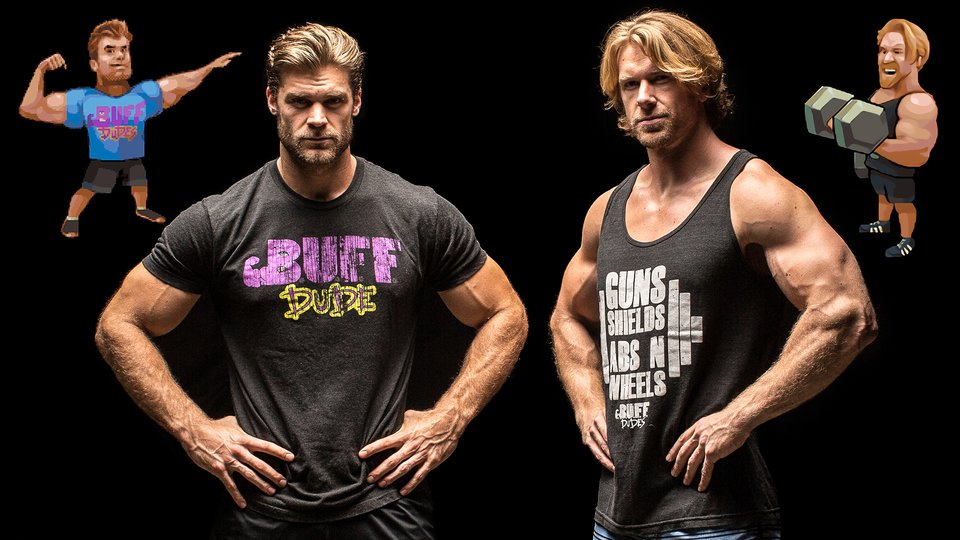- Joined
- Jun 22, 2015
- Messages
- 5,255
- Reaction score
- 588
I will also add that drilling throws and takedowns is a very effective form of strength training. You lift up a human being for an hour, you will get stronger. Functionally stronger than "bro lifting".
My first post already says that.There's obviously nothing like grappling with stronger heavier guys to develop that functional strength, however you can't do that all the time
Idk what your problem is with "bro lifting" but grappling +"bro lifting" is the most optimal way to train.
Lifting is controlled movement it strengthens your stabilizers, increases bone density and primes your CNS to handle heavy loads.
Wrestling for example is not a controlled movement when's someone's trying to work against you, you can easily get injured going with a bigger stronger guy, it's allot eaiser to make massive strength gain in a gym then trying to progressively overload using humans
Theres no need to dance around the facts
Last edited:


